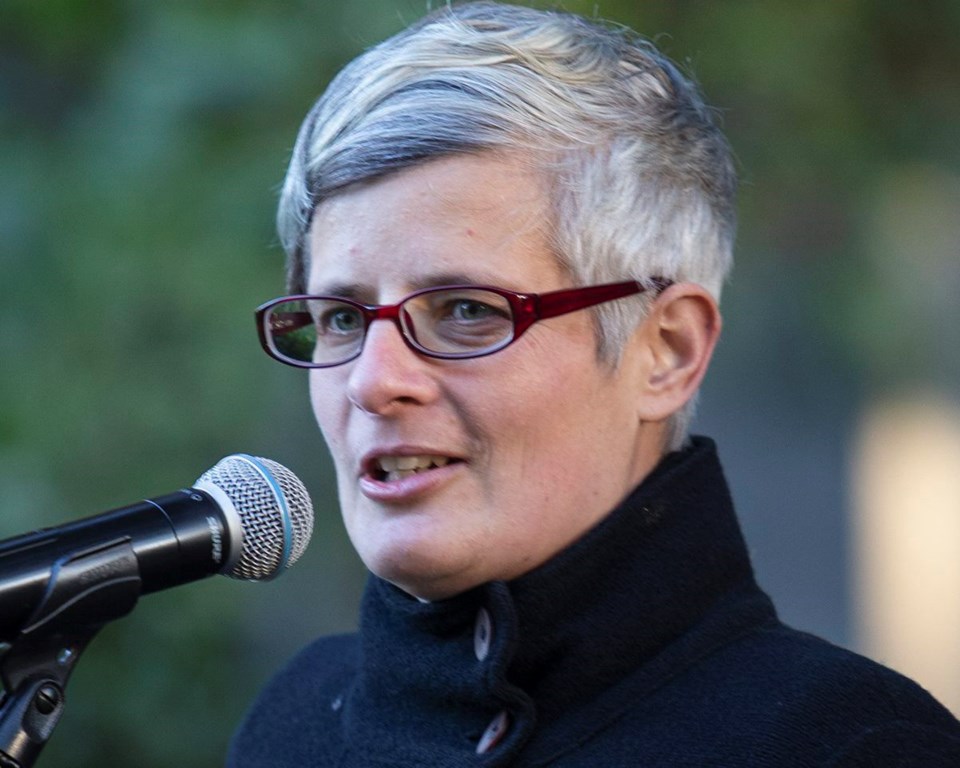Without a voice around a national table, our community continues as “little Victoria,” a collection of 13 jurisdictions that’s not living up to its considerable potential.
The forum for Canada’s 22 biggest cities — balkanized Greater Victoria doesn’t qualify as a big city — is the Big City Mayors’ Caucus at the Federation of Canadian Municipalities. It’s a powerful and respected voice, offering a forum for policy development on a range of issues affecting our largest centres.
Take a look at a sample of recent BCMC headlines: Canadian mayors champion economy and trade in Washington. Mayors meet in Halifax to build on federal-municipal partnerships. Opioid announcement advances urgently needed action. Communities receive support for clean innovation and infrastructure planning. Municipal collaboration program studied. Communities receive government of Canada and FCM support to take action on climate change.
These issues are all too familiar to Greater Victoria residents and yet we remain on the sidelines, silenced nationally and even internationally. We don’t partner with many cities to bend the ear of the prime minister, cabinet and federal government.
During the past couple of years, there has been some support from politicians locally and efforts to gain caucus membership.
Victoria’s mayor tried to get a foot in the door of the national group by making a bid to represent the entire region, rather than just the city. Capital Regional District directors agreed to have then-chairwoman Barb Desjardins ask that Victoria’s mayor be allowed to represent the entire census metropolitan area of Victoria, which includes all 13 municipalities, at the Big City Mayors’ Caucus.
But the devil has always been in the details and the lack of an agreed-on mechanism for appointing a representative.
For some directors, appointing the mayor of Victoria suggests support for its left-leaning, ideological politics, at odds with much of the broader community. Appointing a director who is mayor of one of the smaller municipalities also might not represent the broader community and the multitude of challenges.
Convincing the BCMC that the capital and second largest metropolitan area in the province — which collectively is larger than several current BCMC members — deserves inclusion is another matter.
Most recently, CRD chairman Colin Plant, to his credit, has made overtures and has spoken with the FCM’s chief executive officer, Brock Carlton. It’s difficult to gain continuity on the issue, though, when most chairs are in the position for just a year or two.
The issue is supported by many CRD directors, according to a news report in 2017, but hasn’t translated into an organizational priority. In its most recent list of board priorities for 2019-22, directors are content to advance regional, sub-regional and local priorities without any link to a national body.
There doesn’t seem to be any appetite for the CRD to send a delegation to Ottawa to ask caucus members and federal ministers face-to-face to share the power and let us sit around the table. Maybe it will also take some lobbying pressure on local MPs and senior members of the B.C. government.
So, the public might have to be content to wait for the study exploring the amalgamation of Victoria and Saanich this year. If our community decides to be a big city of more than 200,000, perhaps this exclusive and critical BCMC membership will follow.
In the meantime, we urge CRD directors to find out what the lack of membership is costing taxpayers (especially in missed infrastructure-related funds) compared to the status quo.
As well, we urge a study be done looking at directly electing a chair in the next municipal election. That’s something that even vocal opponents of changes to regional governance, such as academic Robert Bish, agree deserves consideration.
Wouldn’t it be nice to partner with other large cities and the federal government in nation-building through city-building?
A seat at the table would help access funds and build relationships to the benefit of everyone in the region. It also sends a signal that the region can work together to represent the interests of all of Greater Victoria.
Stan Bartlett chairs the Grumpy Taxpayer$ of Greater Victoria, a non-partisan advocacy group dedicated to lower taxes, less waste and more accountable municipal government.



